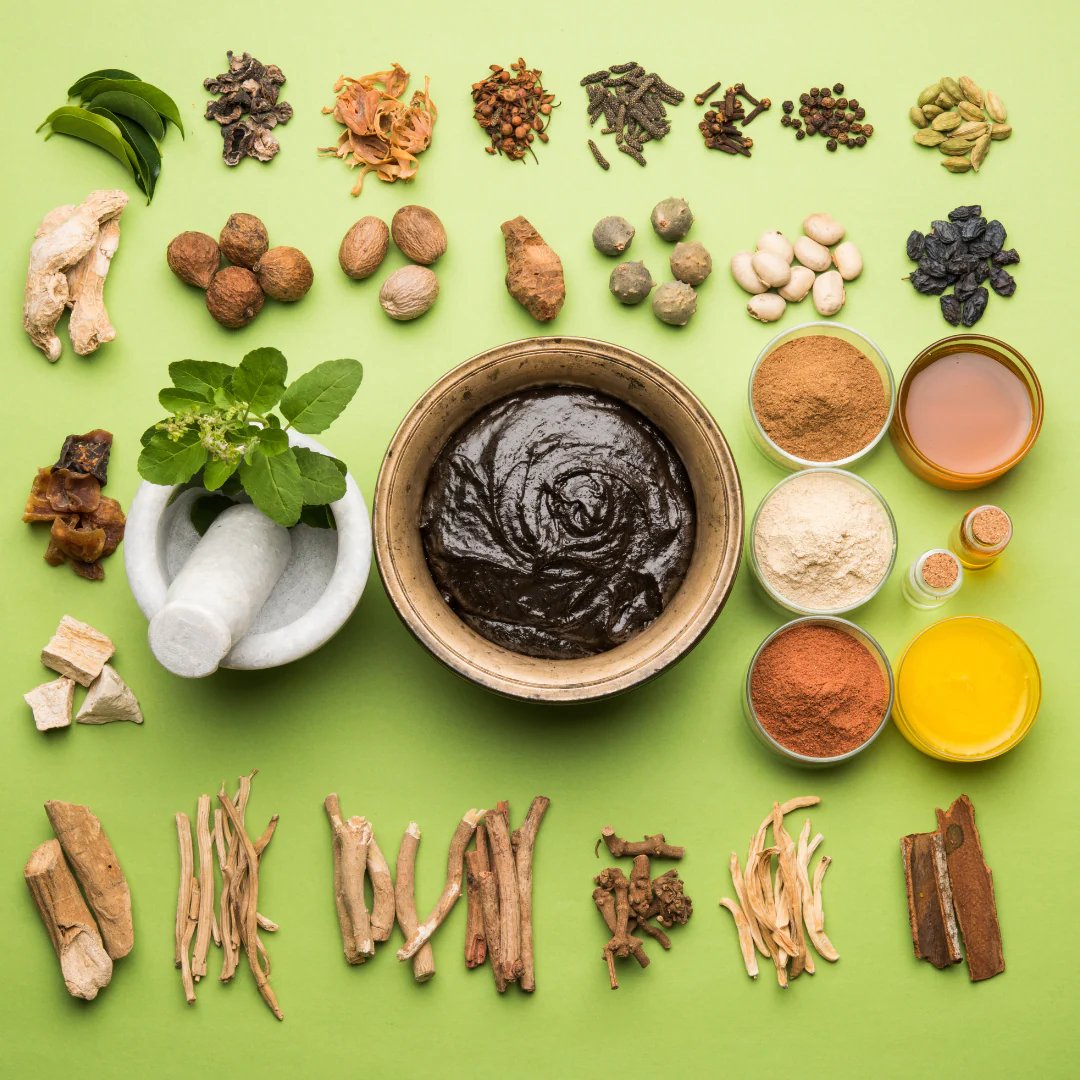
Ayurveda is a traditional system of medicine that has its roots in ancient India. The word “Ayurveda” is derived from the Sanskrit words “Ayus,” meaning life, and “Veda,” meaning knowledge or science. Therefore, Ayurveda can be translated as the “science of life” or the “knowledge of a long and healthy life.
- Doshas: Ayurveda categorizes individuals into three doshas, which are the fundamental energies that govern various physiological and psychological functions in the body. The doshas are Vata (air and space), Pitta (fire and water), and Kapha (earth and water). Each person is believed to have a unique combination of these doshas, known as their Prakriti.
- Prakriti and Vikriti: Prakriti refers to an individual’s inherent constitution or dosha balance, while Vikriti refers to the current state of imbalance or dosha disturbance. Ayurvedic practitioners aim to restore the balance between doshas to promote health and well-being.
- Pancha Mahabhutas: Ayurveda recognizes the importance of the five elements—earth, water, fire, air, and space—in the composition of the human body and the universe. These elements combine to form the doshas.
- Dhatus and Malas: Ayurveda describes seven tissues (Dhatus) that make up the human body, including plasma, blood, muscles, fat, bone, marrow, and reproductive tissues. Malas are waste products of the body, such as urine, feces, and sweat.
- Agni (Digestive Fire): Agni is crucial for the digestion and assimilation of food. A balanced Agni is considered vital for overall health, while imbalances may lead to various health issues.
- Rasayana and Panchakarma: Rasayana involves rejuvenation therapies and practices to promote longevity and vitality. Panchakarma is a set of cleansing and detoxification procedures aimed at eliminating toxins from the body.
- Lifestyle and Diet: Ayurveda emphasizes the importance of a balanced lifestyle, including proper diet, exercise, sleep, and stress management. It recommends personalized approaches to health based on an individual’s dosha constitution.
- Herbal Medicine: Ayurvedic medicine often involves the use of various herbs, plants, and natural substances to treat and prevent ailments. The formulations are often tailored to an individual’s dosha balance.
It’s important to note that while Ayurveda has a rich history and is still widely practiced, its principles and practices may not always align with modern scientific understanding. Individuals interested in Ayurveda should seek guidance from qualified practitioners and consider it as complementary to conventional medical care. Always consult with healthcare professionals before making significant changes to your health regimen.





